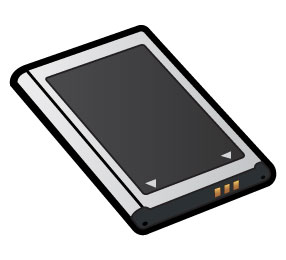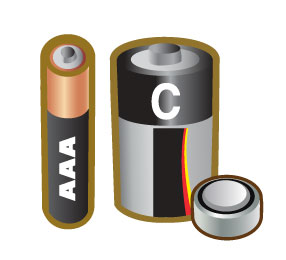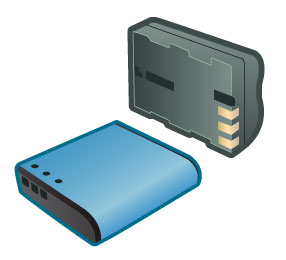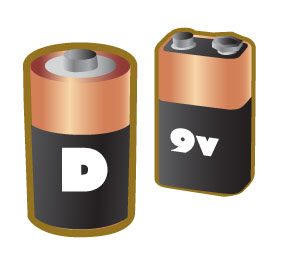Join Our Battery Recycling Initiative
Recycling batteries is a crucial aspect of environmental sustainability and responsible waste management. Batteries, both rechargeable and single-use, contain a variety of metals and chemicals, such as lead, cadmium, zinc, lithium, and mercury, which can be harmful to the environment and human health if not disposed of properly. The process of recycling batteries involves collecting, sorting, and processing them to recover valuable materials that can be reused in the production of new batteries and other products, reducing the need for raw materials and minimizing environmental impact.
FREE Battery Recycling

Recycle Cell Phone Batteries

Single Use Batteries

Rechargeable Batteries

Alkaline Batteries
Recycle Car Batteries for Cash *At Select Locations
Same Regional Recycling Depots offer programs where individuals can recycle their used car batteries in exchange for cash, incentivizing responsible disposal and recycling of these lead-acid batteries.
Drop Off Your Batteries For Recycling
How are the Batteries Recycled?
Collection and Sorting
At a Regional Recycling Depot, batteries are first sorted based on their chemistry since different types of batteries require different recycling processes. For example, lead-acid batteries, commonly used in vehicles, are broken down in a controlled environment where the lead and plastic components are separated and purified for reuse. The sulfuric acid is either neutralized and turned into water or converted into sodium sulfate, a substance used in laundry detergents and other products. Similarly, lithium-ion batteries, found in electronics like smartphones and laptops, undergo a specialized process where valuable metals such as cobalt, lithium, and nickel are extracted and repurposed for new battery production or other uses.
Processing and Material Recovery
Some battery types, particularly lead-acid and nickel-metal hydride, can be mechanically crushed or shredded. This process separates plastics, metals, and other materials.
For lead-acid batteries, the lead, plastic, and acid are separated. The lead is cleaned and melted down to be used in new batteries, while the plastic casings are cleaned and recycled into new plastic products.
The acid can be neutralized and converted into water, or it can be processed into sodium sulfate, used in laundry detergents, glass, and textile manufacturing.
Environmental Protection and Safety Measures
Throughout the recycling process, strict environmental and safety measures are in place to manage hazardous substances and reduce the risk of pollution. This includes controlling emissions, treating wastewater, and safely handling materials to protect workers and the environment.
